|
This post helps less experienced fiction writers and editors make sense of omniscient point of view, and work with this narrative style effectively.
What is narrative point of view?
Point of view (POV) describes whose head we’re in when we read a book ... from whose perspective we discover what’s going on – and the smells, sounds, sights and emotions involved. Third-person omniscient POV This viewpoint is probably the trickiest to master. Omniscient means all-knowing. It’s the most flexible because it gives the reader potential access to every character’s external and internal experiences. It also has the potential to be the least intimate if not handled well. Imagine a futuristic news helicopter. Inside, our roving reporter shifts her camera from one person to another, and one setting to another. She’s also got some serious kit, stuff that enables her to tap everyone’s phones, TVs and computers. But that’s not all; the characters’ brains are bugged too; our reporter knows what they’re thinking. She can see, hear and smell it all! Says Sophie Playle:
The narrator knows everything, and isn’t limited to the viewpoint of any single character. An omniscient narrator could be a character in the story (like a god or an enlightened person), or they could be an observing nonentity. Completely omniscient viewpoints are difficult to pull off well because the narrator needs to have reasons for imparting the knowledge they choose to impart in the order they choose to do so, otherwise the story will feel contrived [...] Omniscient narration and third person objective narration have similarities, but the key is looking for when the narrator knows more than it could objectively observe.
Examples: Deeper knowledge than third-person narration If you’ve read anything by Neil Gaiman, you’ll see a blatant external narrator in evidence with a depth of knowledge that defies the rules of a third-person viewpoint. Here’s an example from Neverwhere (p. 10).
The first ten words might appear to be a third-person viewpoint (‘He’ refers to Richard, the protagonist), but that’s not the case. What follows is a distinct narrative other, a voice that explains ‘white knowledge’. In the second and third paragraphs, the all-knowing narrator offers historical information. Then in the final paragraph, we’re told more about Richard. The viewpoint was never third-person objective. It was omniscient all along. In Cormac McCarthy’s The Road, ‘the man’ takes centre stage in most of the sections such that we see what he sees and feel what he feels. It’s almost as if he’s the narrator, and once more we could be forgiven for thinking the viewpoint third person. But there’s more going on here. In the following extracts, notice the shift beyond what it’s possible for the man to see, think or know.
In the first extract, only an all-knowing alternative narrator could be privy to the intent behind the marchers’ colour choice of scarves. In the second, the man watches the army, but it’s only an omniscient narrator who can know where their blades were forged and how the boy is feeling. Maybe that narrator is McCarthy; maybe it’s someone else. But it’s not the man. Example: World-building backstory in a flash Some genres – science fiction and fantasy for example – lend themselves well to omniscient narrators because they can provide critical world-building backstory quickly. Terry Pratchett’s Wyrd Sisters provides a fine example (pp. 1–2).
What omniscient is not An omniscient viewpoint can be powerful but it needs to be controlled and used with purpose. If we’re accessing one character’s thoughts and experiences, and we jump to another character’s viewpoint, it can jar the reader. That's called head-hopping. Imagine you’re listening to your best friend tell you about a difficult experience. Even though it didn’t happen to you, her description of the event helps you to imagine the challenges she faced, the emotions she grappled with. You’re thoroughly immersed and emotionally connected. Then someone else barges up to you both and tells you what it was like for them. Your friend butts back in to wrestle the telling back to her. Would the interruption annoy and frustrate you? Would you feel like your efforts to invest in your friend’s story were being thwarted? The impact is the same when it occurs in a book’s narrative (though not the dialogue, of course). That viewpoint ping pong is not omniscient POV. It’s third-person limited gone awry. Recommendation I recommend caution. The beauty of fiction often lies in the unveiling, in the immersion. Overuse of an omniscient narrator can block this. The all-seeing eye can be a powerful tool – as demonstrated by the examples above – but less experienced authors, particularly those writing commercial fiction such as thrillers and mysteries, risk accidental head-hopping, which will destroy the tension and distance the reader from the characters. Cited sources and related reading
Louise Harnby is a line editor, copyeditor and proofreader who specializes in working with crime, mystery, suspense and thriller writers.
She is an Advanced Professional Member of the Chartered Institute of Editing and Proofreading (CIEP), a member of ACES, a Partner Member of The Alliance of Independent Authors (ALLi), and co-hosts The Editing Podcast. Visit her business website at Louise Harnby | Fiction Editor & Proofreader, say hello on Twitter at @LouiseHarnby, connect via Facebook and LinkedIn, and check out her books and courses.
0 Comments
Leave a Reply. |
BLOG ALERTSIf you'd like me to email you when a new blog post is available, sign up for blog alerts!
TESTIMONIALSDare Rogers'Louise uses her expertise to hone a story until it's razor sharp, while still allowing the author’s voice to remain dominant.'Jeff Carson'I wholeheartedly recommend her services ... Just don’t hire her when I need her.'J B Turner'Sincere thanks for a beautiful and elegant piece of work. First class.'Ayshe Gemedzhy'What makes her stand out and shine is her ability to immerse herself in your story.'Salt Publishing'A million thanks – your mark-up is perfect, as always.'CATEGORIES
All
ARCHIVES
July 2024
|
|
|
|


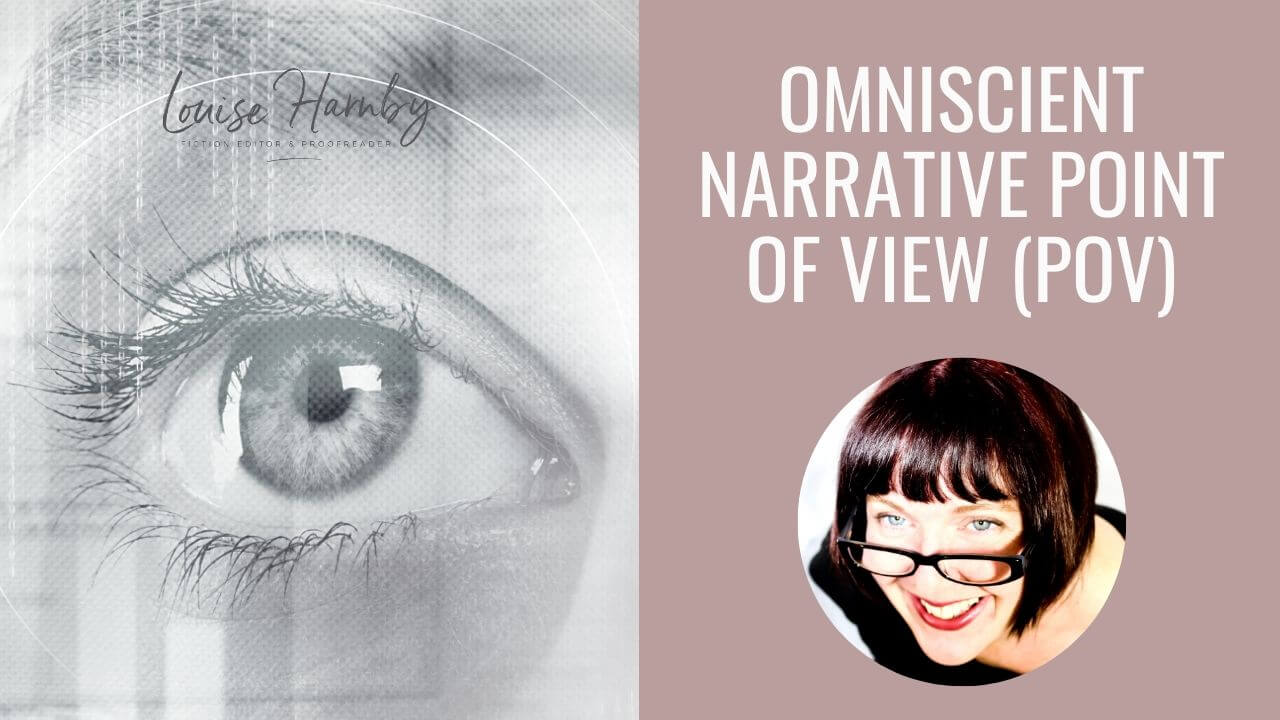
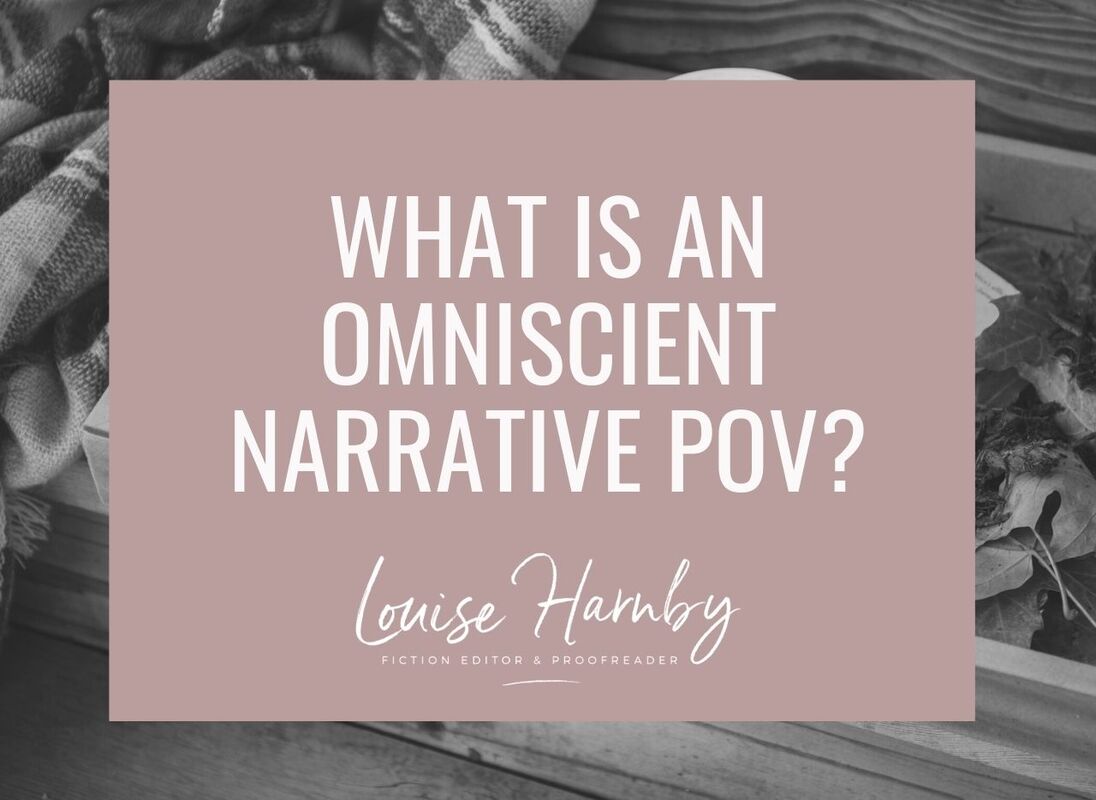
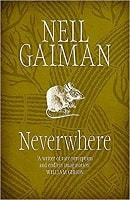
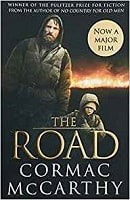
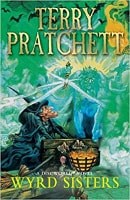













 RSS Feed
RSS Feed





